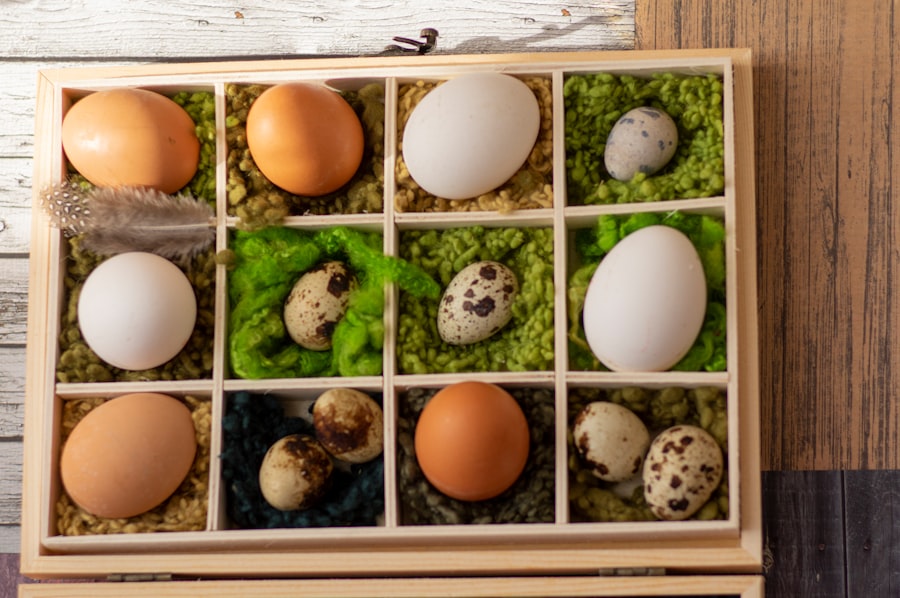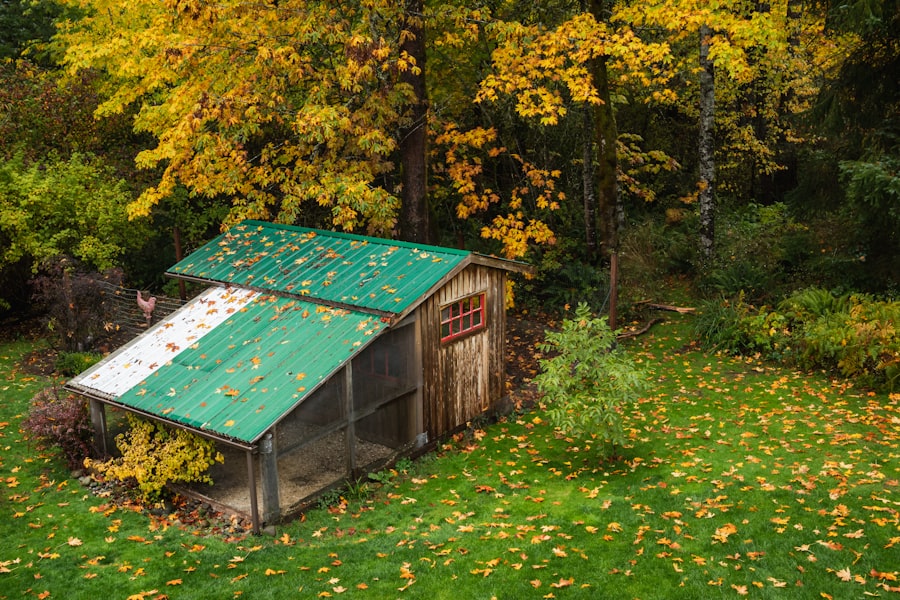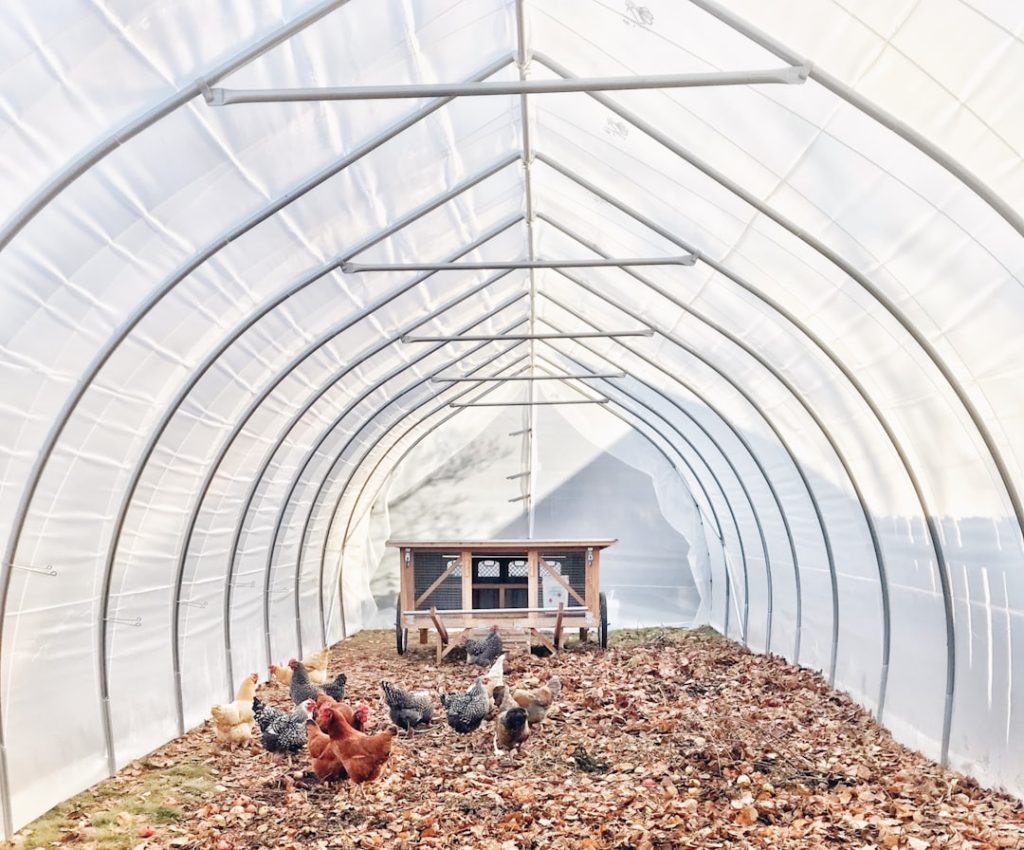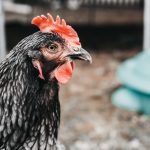Free range chickens exhibit natural behaviors that reflect their instincts as foraging animals. These birds are inherently curious, active, and social, thriving in environments that allow them to explore and interact with their surroundings. Their behavior is characterized by several key traits:
1.
Foraging: Chickens have a strong drive to search for food, scratching the ground to uncover insects, seeds, and other edible items. 2. Dust bathing: This behavior helps chickens maintain feather and skin health by removing parasites and excess oils.
3. Social hierarchy: Chickens establish a pecking order within their flock, which influences their interactions and group dynamics. 4.
Homing instinct: Free range chickens typically return to their coop at dusk to roost, driven by an innate sense of safety and routine. While free range systems offer numerous benefits for chicken welfare, they also present certain challenges:
1. Predator vulnerability: Free range chickens face increased risk from predators such as foxes, raccoons, and raptors.
2. Wandering tendency: These birds may stray onto neighboring properties or roads, potentially causing conflicts or safety hazards. To successfully manage free range chickens, it is essential to create an environment that balances their natural behaviors with safety considerations.
This involves providing secure roosting areas, implementing predator deterrents, and establishing boundaries to prevent wandering. By understanding and accommodating their instincts, caretakers can ensure the well-being of free range chickens while minimizing potential risks.
Table of Contents
Key Takeaways
- Free range chickens exhibit natural behaviors such as foraging, dust bathing, and roosting in trees
- A secure and spacious coop with proper ventilation and predator-proofing is essential for the safety of free range chickens
- Providing access to fresh water and a balanced diet of grains, greens, and protein is crucial for the health of free range chickens
- Regularly inspecting the perimeter for gaps, weak spots, or potential escape routes can prevent chickens from wandering off
- Establishing a routine for feeding, collecting eggs, and returning chickens to the coop helps create boundaries and minimize wandering
- Using deterrents such as fencing, motion-activated sprinklers, or noise makers can discourage chickens from straying too far
- Training and socializing chickens from a young age can help them understand and respect boundaries, making them less likely to wander off
Creating a secure and spacious coop
Key Considerations for a Comfortable Coop
When building a coop for free range chickens, it’s essential to provide enough space for the chickens to move around comfortably, roost, and lay eggs. The coop should also be well-ventilated and offer protection from predators and the elements.
Security Features for a Safe Coop
A secure door that can be closed at night is crucial to keep the chickens safe from predators. Additionally, a secure run attached to the coop allows the chickens to access outdoor space while remaining protected. The run should be covered with wire mesh to prevent predators from entering and have a roof to protect the chickens from aerial predators.
Meeting the Natural Behavioral Needs of Chickens
Providing perches, nesting boxes, and dust bathing areas within the coop helps meet the natural behavioral needs of the chickens. By incorporating these features, you can create a safe and comfortable environment for your free range chickens to return to at night and during inclement weather.
Providing plenty of food and water

Free range chickens require access to plenty of food and water throughout the day. It’s important to provide a balanced diet that includes a mix of grains, seeds, fruits, vegetables, and protein sources. Additionally, chickens should have access to grit, which helps them digest their food, as well as calcium supplements to support egg production.
Providing a variety of food sources will help meet the nutritional needs of the chickens and encourage natural foraging behaviors. In addition to food, chickens also need access to clean, fresh water at all times. Water should be provided in a secure container that is resistant to tipping over or becoming contaminated with dirt or debris.
During hot weather, it’s important to provide shade and cool water to prevent dehydration. By providing plenty of food and water, you can ensure that your free range chickens have the resources they need to stay healthy and active while roaming.
Regularly checking for potential escape routes
When allowing free range chickens to roam, it’s important to regularly check for potential escape routes that could allow them to wander onto neighboring properties or roads. This includes inspecting fences, gates, and any other barriers that may be in place to contain the chickens. It’s important to ensure that all barriers are secure and in good condition to prevent any potential escapes.
Additionally, it’s important to monitor any areas where the chickens may be able to fly over or squeeze through gaps in fencing or barriers. Regularly checking for potential escape routes will help prevent your free range chickens from wandering into unsafe areas or causing damage on neighboring properties. By being proactive in identifying and addressing potential escape routes, you can minimize the risk of your chickens getting into trouble while roaming.
Establishing a routine and boundaries
Establishing a routine and boundaries for your free range chickens can help keep them safe and minimize potential conflicts with neighbors. By establishing a consistent routine for feeding, letting the chickens out in the morning, and closing them up at night, you can help ensure that they return to their coop at the end of the day. This routine can also help minimize any disruptions or disturbances for neighbors.
Setting boundaries for where the chickens are allowed to roam can also help prevent them from wandering onto neighboring properties or roads. This can be done by using fencing or natural barriers to define the boundaries of their roaming area. By establishing a routine and boundaries for your free range chickens, you can help ensure that they stay safe and respectful of their surroundings while roaming freely.
Using deterrents to discourage wandering

Visual Deterrents
Visual deterrents such as scarecrows or reflective objects can startle the chickens and discourage them from venturing into certain areas. These deterrents work by creating a sense of unease or fear, causing the chickens to avoid the area.
Audible Deterrents
Audible deterrents, such as noise-making devices or clapping hands, can also be effective in redirecting the chickens away from unwanted areas. The sudden noise startles the chickens, causing them to move away from the area.
Natural Barriers
Another effective deterrent is using natural barriers such as hedges or shrubs to guide the chickens away from certain areas. By placing these barriers strategically, you can create a physical barrier that prevents the chickens from entering unwanted areas.
Training and socializing your free range chickens can help reinforce positive behaviors and minimize wandering tendencies. Chickens can be trained to respond to verbal cues or signals that encourage them to return to their coop at night or come when called. This can be done through positive reinforcement with treats or rewards when they exhibit desired behaviors.
Socializing your chickens with regular human interaction can also help build trust and familiarity, making it easier to manage their behavior when roaming freely. Spending time with your chickens, handling them gently, and providing enrichment activities can help keep them engaged and content within their designated roaming area. In conclusion, understanding the behavior of free range chickens is essential in creating a safe and enriching environment for them to roam freely.
By creating a secure and spacious coop, providing plenty of food and water, regularly checking for potential escape routes, establishing a routine and boundaries, using deterrents to discourage wandering, and training and socializing your chickens, you can ensure that your free range chickens stay safe while expressing their natural behaviors. With proper care and management, free range chickens can thrive in a free-roaming environment while minimizing potential risks and conflicts with neighbors.
If you’re looking for more tips on keeping your free range chickens safe and secure, check out this article on 10 essential features for a chicken coop. It provides valuable information on how to create a coop that will keep your chickens from running away while still allowing them to roam freely.
FAQs
What are free range chickens?
Free range chickens are poultry that are allowed to roam freely and forage for food, as opposed to being confined to a coop or small enclosure.
Why do free range chickens run away?
Free range chickens may run away due to a variety of reasons, including the desire to explore new areas, find better food sources, or escape from predators.
How can I keep free range chickens from running away?
To keep free range chickens from running away, you can provide them with a secure and spacious coop or enclosure, regularly check for any potential escape routes, and ensure they have access to plenty of food, water, and shelter.
What are some ways to encourage free range chickens to stay close to home?
You can encourage free range chickens to stay close to home by providing them with regular feedings, creating a comfortable and safe environment, and establishing a routine for their daily activities.
Are there any specific breeds of chickens that are less likely to run away?
Some breeds of chickens, such as Orpingtons and Australorps, are known for being more docile and less likely to wander off compared to other breeds. However, individual temperament and environmental factors also play a significant role in a chicken’s behavior.
Meet Walter, the feathered-friend fanatic of Florida! Nestled in the sunshine state, Walter struts through life with his feathered companions, clucking his way to happiness. With a coop that’s fancier than a five-star hotel, he’s the Don Juan of the chicken world. When he’s not teaching his hens to do the cha-cha, you’ll find him in a heated debate with his prized rooster, Sir Clucks-a-Lot. Walter’s poultry passion is no yolk; he’s the sunny-side-up guy you never knew you needed in your flock of friends!







